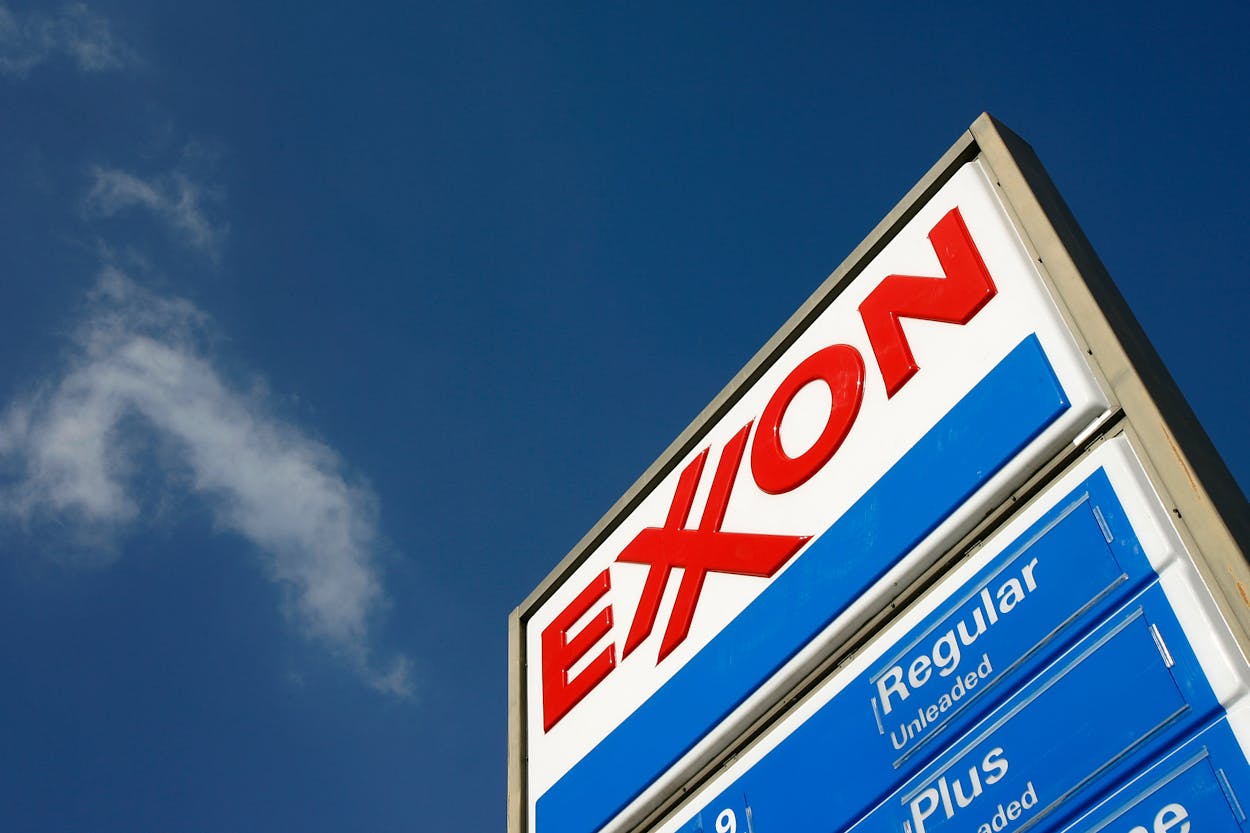On April 19, ExxonMobil and Saudi Arabia Basic Industries Corporation (SABIC) announced that they had selected a 1,400-acre site in San Patricio County, just north of Corpus Christi, for a $9.3 billion petrochemical plant. The site was one of four Gulf Coast sites under consideration for the plant, including one in Victoria and two in Louisiana. The plant is part of ExxonMobil’s $20 billion “Growing the Gulf” initiative that it announced in March.
The decision comes despite strong opposition from some residents of nearby Portland, who point out that the site is less than two miles from Gregory-Portland High School and Junior High and just one mile from Stephen F. Austin Elementary. An advocacy group called Portland Citizens United created a website arguing that the plant could emit dangerous gases including sulfur dioxide, nitrous oxide, benzene, and butadiene. Local residents requested that the plant be moved.
“We are extremely disappointed that Exxon and its partners did not heed the requests of local residents to establish their complex in the areas to the east already designated for industrial development,” Jason Mutschler, a member of the group, said according to a press release. “Because they refused to re-locate and the County Commissioners had no backbone to deny them this new reinvestment zone, we now have this complex located close to schools”.
The proposed plant is an ethane steam cracker, which uses heat and pressure to turn natural gas into ethylene and polyethylene, the materials used to make plastic. The ExxonMobil/SABIC plant could produce up to 1.8 million metric tons of those materials each year, making it the world’s largest ethane steam cracker unit.
In a press release announcing the site selection, ExxonMobil and SABIC estimated that the project would directly create 600 jobs and indirectly create another 3,500, plus thousands of temporary construction jobs. The companies projected that it would generate $22 billion in economic output during construction and another $50 billion during the first six years of operation.
Those figures help explain why Corpus Christi and the state fought so hard to land the plant. The county and the Gregory-Portland Independent School District offered the companies over $1.4 billion in tax incentives, and Governor Greg Abbott sweetened the deal by chipping in $6.35 million from the Texas Enterprise Fund—the largest TEF grant made during Abbott’s tenure. “Texas has shown the business world that our state is the place where innovation and ingenuity thrive,” Abbott said in a statement.
The tax incentives require ExxonMobil and SABIC to create at least 400 permanent jobs and over 15,000 temporary construction jobs over the course of 10 years. But money wasn’t the only factor behind the site selection—ExxonMobil and SABIC were also considered the site’s proximity to shale gas fields in South Texas, which will help supply the plant’s natural gas needs.
Before construction on the plant can begin, ExxonMobil and SABIC must secure air quality and wastewater permits from the Texas Commission on Environmental Quality. Portland Citizens United has announced its intention to lobby the TCEQ to either deny the permits or require strict pollution standards.
If it is built, the plant would be the latest addition to Corpus Christi’s booming industrial sector. Last October, the Austrian company Voestalpine opened a $740 million direct reduction plant in the Port of Corpus Christi, now the fifth-largest port in the United States by tonnage. Like the ExxonMobil/SABIC project, the Voestalpine plant was also granted a package of tax abatements from San Patricio County.
But not everyone welcomes the industrial boom, which some blame for repeated water contamination. In December, the city was forced to issue a four-day water ban after Indulin AA-86, a chemical asphalt emulsifier, leaked from a private industrial site into the city’s water supply. The water ban came on the heels of three previous water-boil notices over the course of 2016. The site was operated by a contractor for Valero Energy, which is now facing a slew of lawsuits.
ExxonMobil and SABIC said that one of the reasons they chose San Patricio County was the fact that the 1,400-acre plot of farmland had a single owner, the McKamey family, which currently grows cotton on it. Jeff McKamey, who operates the farm with his father, told the San Antonio Express-News that they’re currently waiting for an offer.
- More About:
- Energy








